We often think of cooking as something that makes food tastier and safer. But did you know the way you cook protein can affect how your body digests it, how your gut responds, and even how your immune system behaves?
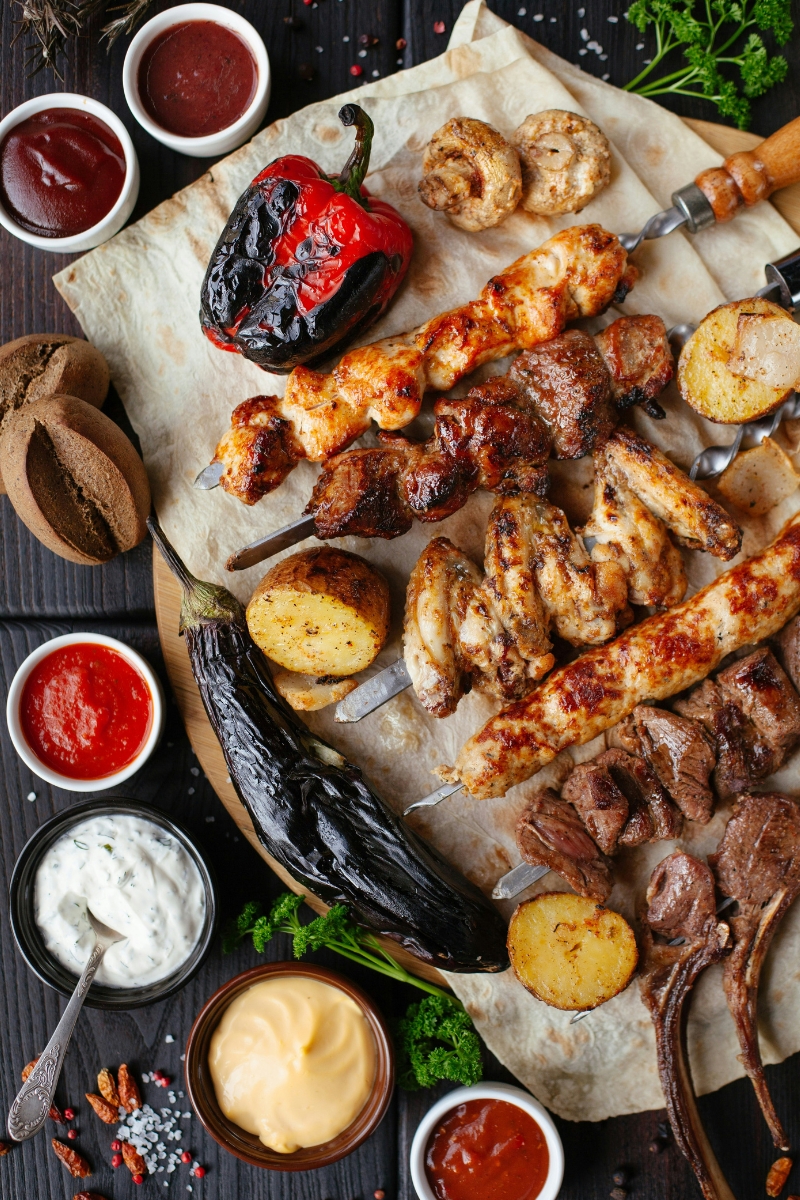
Cooking red meat is a double-edged sword. On the one hand, heat improves digestibility, flavor, and safety (by killing microbes), and may also release nutrients. However, on the other hand, higher temperatures and harsher cooking methods generate harmful chemical compounds (HAAs, nitrosamines, PAHs, acrylamide, and oxidative byproducts) that can contribute to carcinogenic risk and other health hazards.
For individuals living with autoimmune conditions, chronic inflammation, or gut sensitivities, this is more than a curiosity; it is a crucial piece of the healing puzzle.
🧬 What Are Proteins Made Of?
Proteins are long chains of amino acids — the building blocks your body uses to repair tissue, build muscle, regulate enzymes, and fuel your immune system.
These chains fold into complex 3D shapes, and the shape matters. It determines how easily your body can digest, absorb, and use them.
When you eat protein, your digestive system breaks it down into amino acids. These amino acids enter your bloodstream and travel to where your body needs them most.
🔥 What Happens to Protein When It's Cooked?
Cooking changes protein's structure in 3 main ways:
1. Denaturation: Breaking Protein's Structure
During cooking, proteins lose their bonds, which is the structure that holds them together. This is why an egg white goes from clear to white when boiled. A little denaturation helps digestion. But excessive heat creates forms your body doesn't easily recognize — leaving fragments that are harder to digest.
👉 In people with leaky gut, chronic inflammation, and autoimmune diseases, these fragments may cross the intestinal wall and trigger the immune system.
2. Aggregation: Protein Binding together
When proteins are exposed to excessive heat during cooking, they not only lose their natural shape but also start sticking together, forming clumps similar to those found in an overcooked egg. The whites turn rubbery and clump into solid chunks. A steak or chicken breast becomes dry, tough, and chewy on the outside.
These clumps resist enzyme breakdown and may:
- Reduce nutrient absorption
- Cause bloating or discomfort
- Leave undigested fragments behind
👉 For those with autoimmune conditions, these fragments can look like invaders to the immune system, sparking inflammation.
3. Glycation: When Proteins and Sugars React
High-heat cooking (like frying, grilling, or roasting) causes proteins to react with sugars — a process called the Maillard reaction.
This produces Advanced Glycation End Products (AGEs), compounds that:
- Are tough to digest
- Increase oxidative stress and inflammation.
- Are linked to diabetes, aging, and autoimmune flares.
👉 The crispier or browner the food (think grilled steak edges, charred cheese, crispy baked food), the more AGEs it likely contains.
4. Oxidation: Damage to Proteins and Fats: Cooking in oxygen-rich, high-heat environments (like frying or grilling) can oxidize proteins and fats. This produces oxidized amino acids and lipid peroxides, which increase oxidative stress in the body.
5. Formation of Carcinogenic Compounds: In muscle meats, high heat produces:
- Heterocyclic Amines (HAAs) – from amino acids + creatine reacting under intense heat.
- Polycyclic Aromatic Hydrocarbons (PAHs) – from smoke and fat dripping onto flames.
In processed meats, nitrosamines form when nitrates/nitrites react with proteins under heat. These compounds are strongly associated with an increased risk of cancer.
6. Loss of Certain Nutrients
Cooking can damage heat-sensitive amino acids (like lysine) and reduce levels of some vitamins (vitamin C, some B vitamins). While this isn’t as harmful as AGEs or HAAs, it does slightly reduce protein quality.
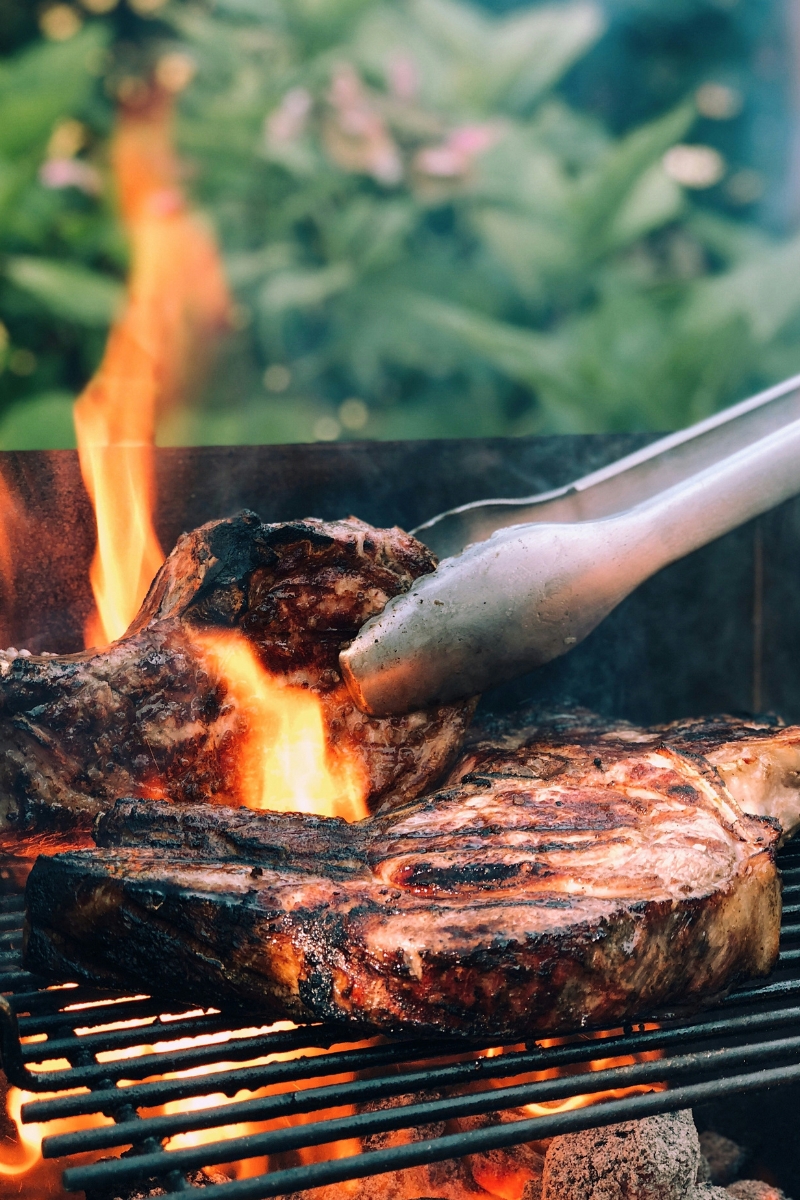
🥩 Animal and Plant Proteins Are Both Affected
It's not just about meat. All protein sources react to heat:
Meat & Poultry: Denature quickly under high heat; grilling or roasting forms AGEs.
Eggs: Very sensitive to heat. Overcooked eggs may trigger an immune response in sensitive individuals.
Dairy: Heat-processed cheese and milk proteins can become harder to digest or more allergenic.
Legumes: They require cooking to neutralize anti-nutrients, but overcooking can reduce their digestibility.
Grains: Heat alters gluten and other proteins, sometimes making them more immunogenic.
🛡️ Why This Matters for Your Immune System
Poorly digested or heat-damaged proteins may:
- Linger in the gut
- Irritate the gut lining
- Cross into the bloodstream through a leaky gut
- Be flagged as "foreign" by the immune system
Conditions influenced by poorly digested proteins and AGEs include:
Autoimmune diseases (Rheumatoid arthritis, lupus, multiple sclerosis, Hashimoto's, psoriasis)
Metabolic conditions (Type 2 diabetes, insulin resistance, obesity)
Cardiovascular disease (atherosclerosis, hypertension, heart disease)
Kidney disease (AGEs build up when the kidneys are under strain)
Neurodegenerative diseases (Alzheimer's, Parkinson's — where inflammation and oxidative stress worsen progression)
Chronic fatigue syndrome & fibromyalgia (where mitochondrial stress and inflammation increase pain and fatigue)
Asthma & eczema (inflammatory conditions that can flare with dietary triggers)
Even in healthy individuals, high intake of charred meats, fried foods, and processed proteins can gradually increase inflammation and accelerate aging.
Sometimes, the immune system even attacks the body's own tissues if protein fragments mimic human cells, a process known as molecular mimicry.
❓ Your Questions Answered
These are some of the most common concerns people have about cooking and protein:
👉 Does cooking reduce protein?
No, the amount of protein doesn't disappear; the quantity changes, but the quality remains the same. A cooked chicken breast still has protein. What changes is the structure, which affects how well you digest it.
🔗 Autoimmune link: Overly altered proteins may not be fully digested, leaving fragments that provoke the immune system.
👉 Can you destroy protein by overcooking?
You can't completely erase protein, but you can make it tough and resistant to digestion.
🔗 Autoimmune link: These resistant fragments may cross the gut barrier and fuel immune reactions.
👉 Does the body absorb cooked protein or raw protein better?
It depends. Gentle cooking (steaming, poaching, slow cooking) improves digestibility. High-heat methods (such as frying, grilling, and roasting) reduce digestibility. Some raw proteins are tolerated well (like sushi fish), but others can be risky.
🔗 Autoimmune link: Gentle cooking strikes the best balance — safe, digestible, and less inflammatory.
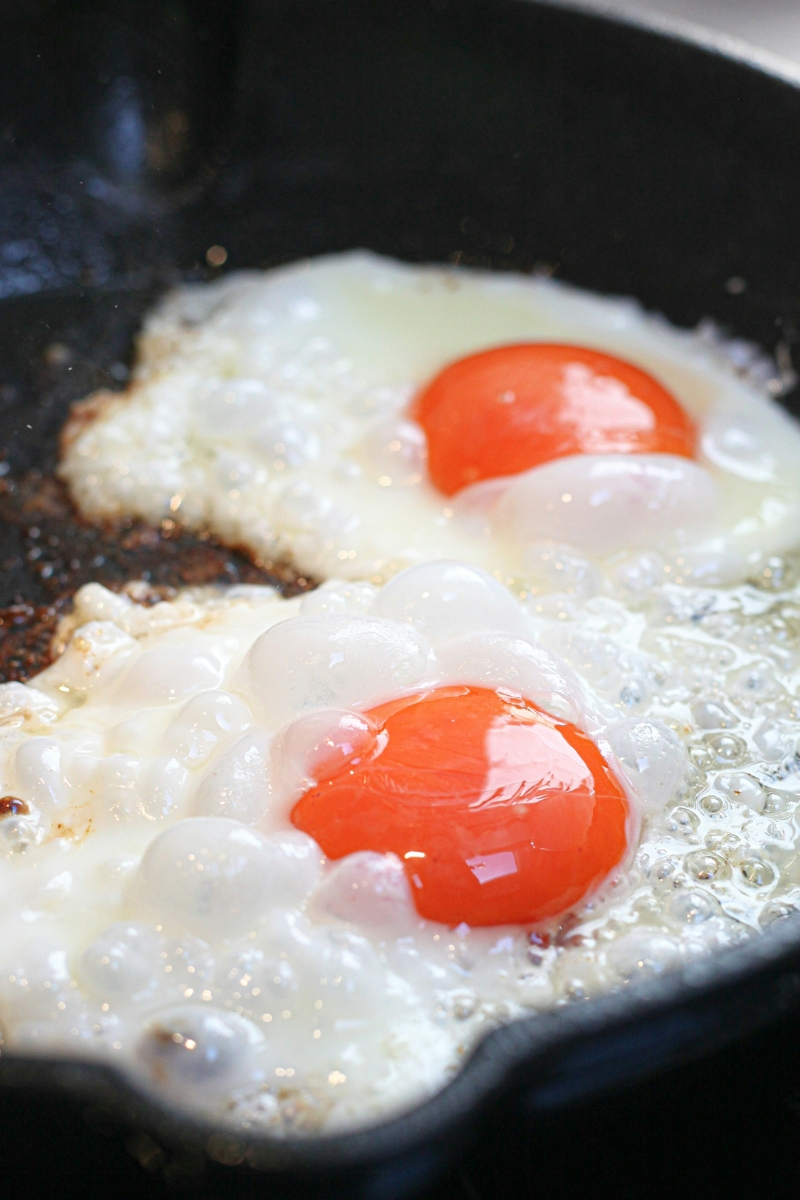
✅ How to Cook Proteins in a Gut- and Immune-Friendly Way
- Cook low and slow: steam, poach, simmer, or slow-cook.
- Choose moist over dry heat: moist methods produce fewer AGEs than grilling or frying.
- Marinate before cooking: lemon juice, vinegar, or herbs reduce harmful compounds.
- Pair with plants: raw or lightly cooked vegetables supply antioxidants and support digestion.
- Support your gut: include bone broth, fermented vegetables, aloe vera, and prebiotic-rich foods to keep your gut lining strong.
🌿To Sum Up
Proteins are vital for health, but the way you cook them matters more than you might think. For individuals with health issues or gut sensitivities, cooking style can mean the difference between food that heals and food that fuels inflammation.
By choosing gentle cooking methods and supporting gut health, you can ensure that proteins nourish your body, helping to heal, repair, and ease the burden on your immune system.
Your kitchen is more than a place to prepare meals; it's a place to create your health.



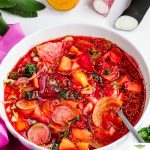
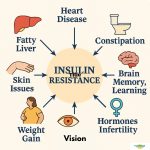
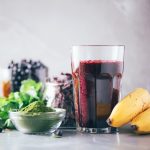
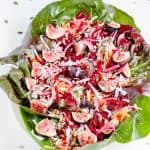

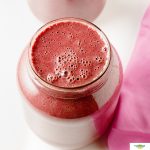

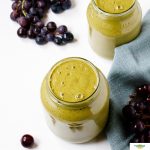

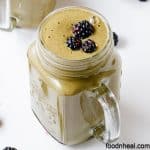





Comments
No Comments